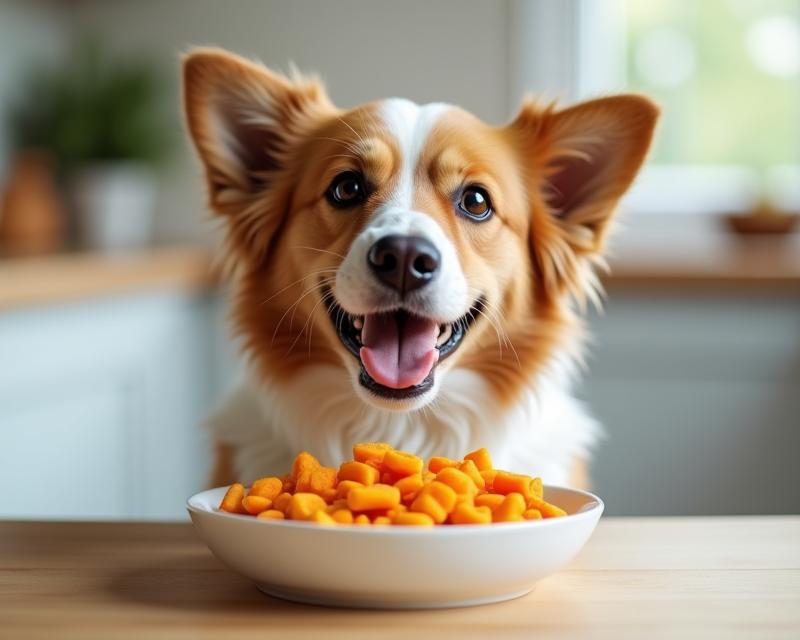Homemade Pet Food: Is it Right for Your Furry Friend?
Publish in Health el 28/06/2025 23:14
Homemade Pet Food: Is it Right for Your Furry Friend?
More and more pet owners are considering making their own pet food. It’s a growing trend, and for good reason! You might think that feeding your pet a carefully crafted meal made with fresh ingredients is the best thing you can do, and in some cases, it absolutely can be. But is it the right choice for *your* pet? Let's dive into the pros and cons of homemade pet food to help you decide.

The Appeal of Homemade Diets
The biggest draw of homemade pet food is control. You know exactly what's going into your pet's bowl! This is especially appealing if your pet has allergies or sensitivities to common ingredients found in commercial pet food. You can tailor the diet to their specific needs, using high-quality proteins, healthy grains (if appropriate), and plenty of fresh fruits and vegetables. Many owners also feel good knowing they're providing a more natural and wholesome diet for their beloved companions. Plus, it can be a rewarding experience to prepare meals for your furry family member!
Important Considerations for a Balanced Diet
However, creating a nutritionally complete and balanced homemade diet is *not* as simple as throwing some chicken and veggies together. Pets have very specific nutritional requirements – different from humans! It's crucial to consult with a veterinarian or a veterinary nutritionist to ensure your pet is getting all the necessary vitamins, minerals, and amino acids. A deficiency in even one nutrient can lead to serious health problems down the road. Simply put, a homemade diet *must* be carefully formulated to meet your pet's life stage (puppy, adult, senior), breed, and activity level.
Potential Benefits and Risks
Potential Benefits: Improved digestion, shinier coat, increased energy levels, and reduced allergy symptoms are often reported by owners of pets on well-balanced homemade diets. Risks: The biggest risk is nutritional imbalance, which can lead to deficiencies or excesses of certain nutrients. Improper handling and storage of homemade food can also increase the risk of bacterial contamination. Therefore, strict hygiene practices are essential.
Making the Right Choice
Homemade pet food can be a wonderful option, but it requires commitment, research, and professional guidance. If you're considering it, talk to your vet! They can help you assess your pet's individual needs and determine if a homemade diet is appropriate. Don't rely solely on online recipes – always prioritize a balanced and vet-approved plan. With careful planning and attention to detail, you can provide your pet with a delicious and healthy homemade diet they'll truly love.
- Consult with a veterinarian or veterinary nutritionist.
- Ensure the diet is nutritionally complete and balanced.
- Practice strict hygiene when preparing and storing food.
- Monitor your pet's health closely for any changes.





